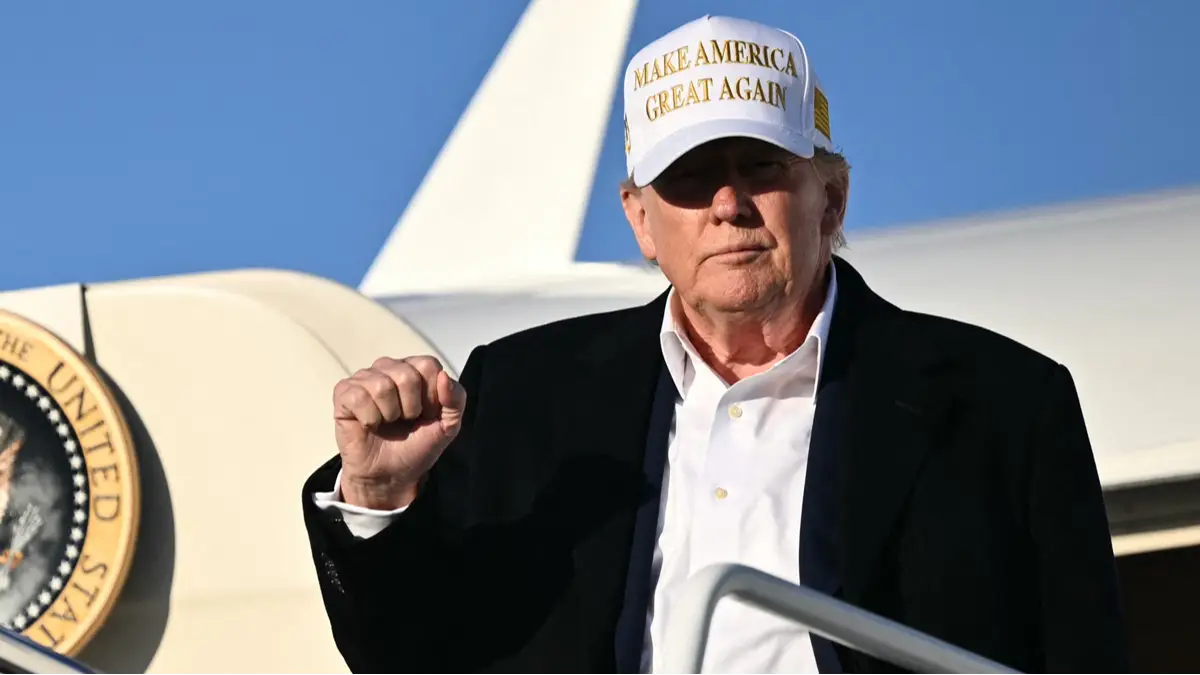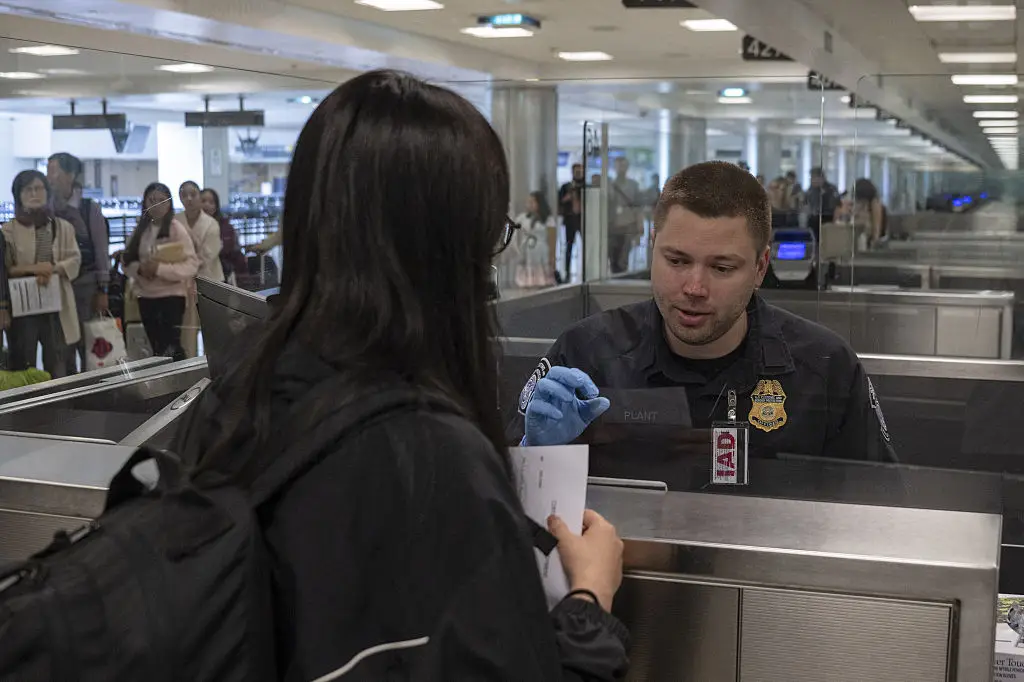
The 2026 FIFA World Cup is shaping up to be one of the most ambitious sporting events in modern history, but it seems not everyone will get to enjoy the party.
With matches spread across North America and millions of international fans expected to travel in the summer months, the United States is preparing for an unprecedented wave of visitors.
For many, the tournament represents a once-in-a-lifetime opportunity to experience football on a global stage.
On the other hand, a growing number of would-be travelers may find themselves unable to join the celebration.
Advert
Behind the excitement, a quieter concern has emerged among travel experts. Reports suggest that some European fans have already faced unexpected difficulties securing permission to enter the US, with warnings that the problem could worsen in the months ahead.

The reason, they say, lies not in ticketing issues or travel demand, but in shifting border and visa policies that are catching some by surprise.
According to Jessie Chambers, from Global Work & Travel, even small details can now derail an application.
Chambers explained: “We’re already seeing people being refused entry for things as small as old tweets, minor criminal records, or incorrect ESTA answers… with Trump’s administration reinstating stricter entry rules, fans need to treat this World Cup as a high-risk travel event - not a holiday you can book last minute.”
The return of tighter border enforcement under Donald Trump’s presidency has seen US officials adopt a tougher stance on entry screenings.
Since early 2025, border agents have been able to review social media activity linked to visa applications, raising the possibility that a single post could influence the outcome.
Chambers added: “Offensive posts, political content, or even jokes about security or drugs can raise red flags…it’s not about censorship - it’s about perception.”

In addition to digital vetting, historic offenses and minor cautions can also prompt refusals under ‘moral character’ clauses in US immigration law. Even travelers with valid visas may be questioned or at risk of being denied entry at the border.
Compounding the issue are severe delays in visa processing. With waiting times exceeding 400 days in some European embassies, fans from Spain, France, and the UK are being urged to apply well in advance to avoid missing key matches.
Chambers advises travelers to start early, saying: “We’re telling fans to treat visa prep like match prep - the earlier you start, the less likely you’ll get caught offside by the rules.
“Some people think the ESTA is guaranteed, but even one wrong tick box can see you turned back at the gate.”
The U.S. Travel Association has warned that backlogs and heightened scrutiny could result in billions in lost tourism revenue.
